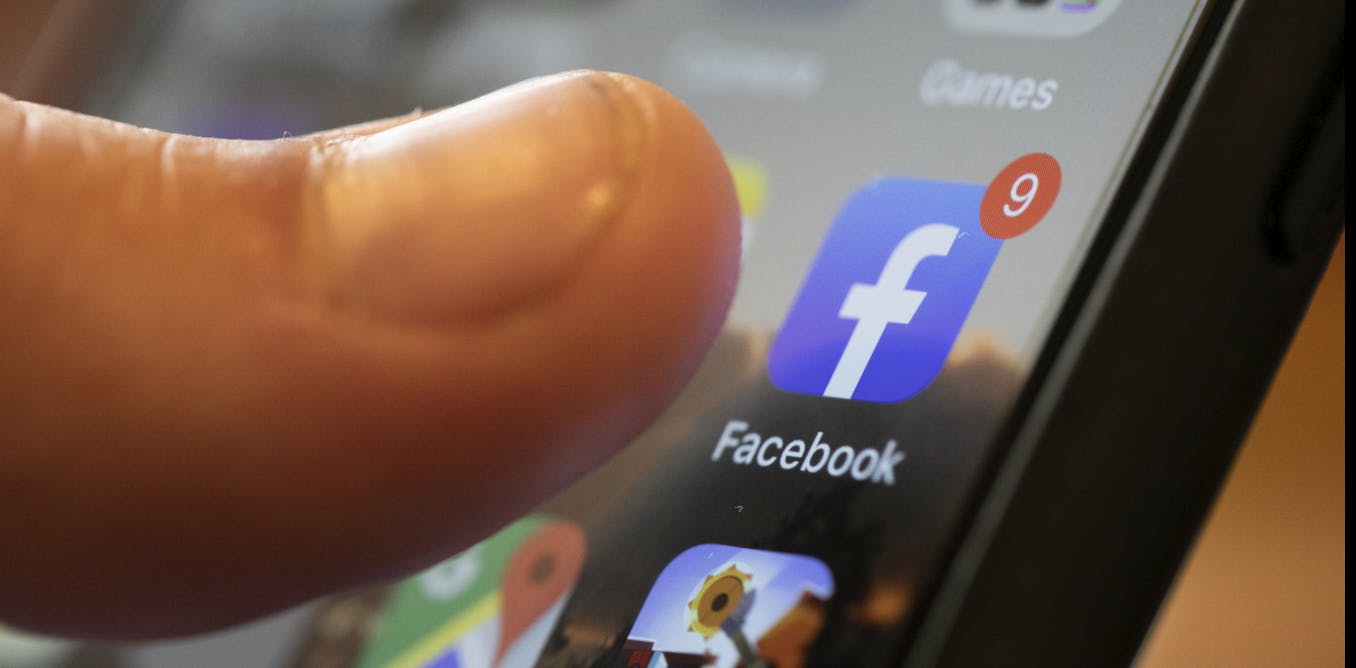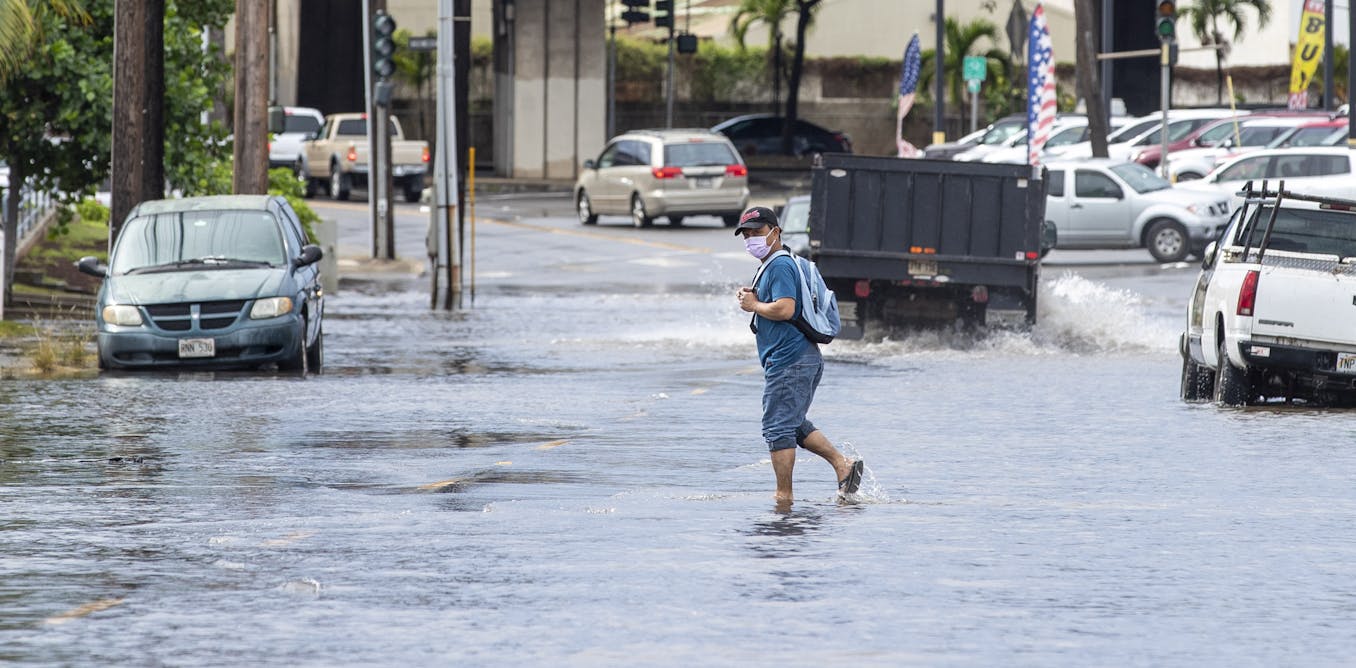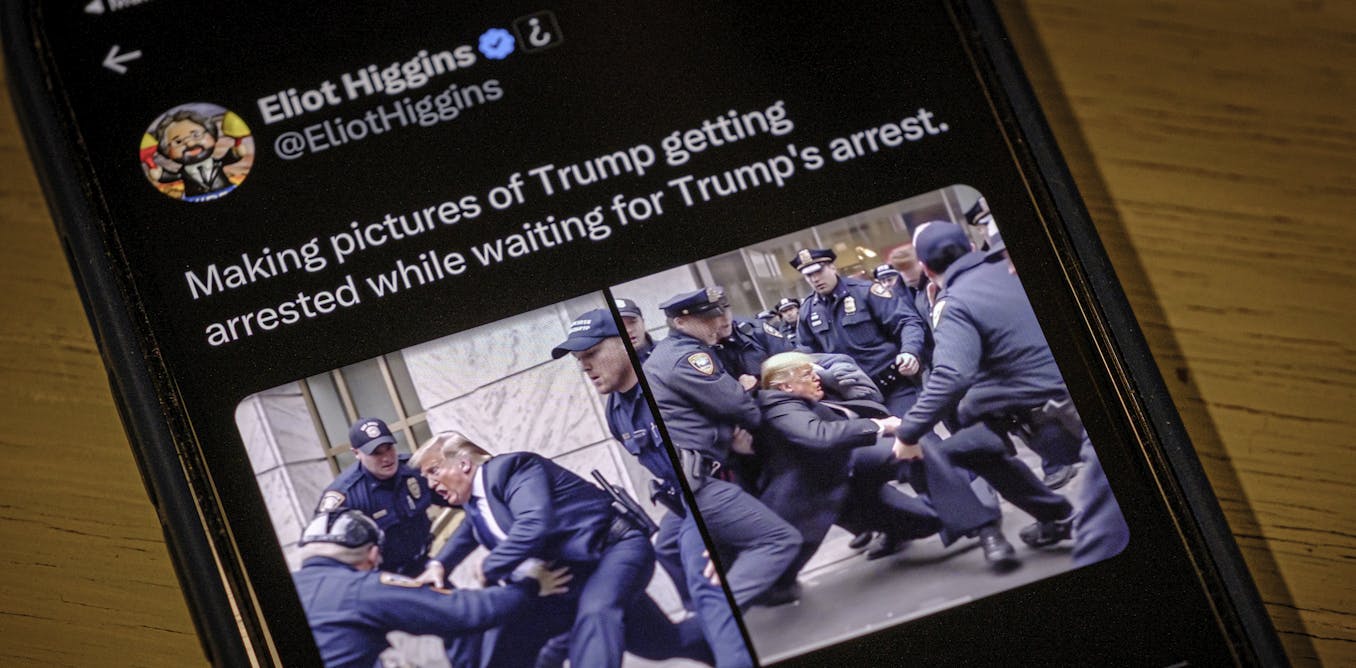Visual misinformation is widespread on Facebook – and often undercounted by researchers
The flood of misinformation on social media could actually be worse than many researchers have reported. The problem is that many studies analyzed only text, leaving visual misinformation uncounted.
June 30, 2023 • ~6 min








